According to a new study by the Congressional Budget Office (CBO), a $15 federal minimum wage would destroy at least 1.4 million jobs, expand the deficit, and decrease U.S. living standards. In other words, the current campaign to more than double the federal minimum wage would inflict severe economic and social harm.
The CBO report, The Budgetary Effects of the Raise the Wage Act of 2021, delivers a knockout blow to the unsubstantiated claim that minimum wage hikes do not decrease jobs. As the report states, “In 2025, when the minimum wage reached $15 per hour, employment would be reduced by 1.4 million workers (or 0.9 percent), according to CBO’s average estimate.”
That sentence alone should cause all who champion a national $15 minimum wage to think twice about their position. However, the report also notes, “CBO estimates that there is a one-third chance of that effect’s being between about zero and 1.0 million workers and a one-third chance of its being between 1.0 million and 2.7 million workers.”
That is astonishing. If the federal minimum wage is set to $15 per hour, by 2025, almost three million workers could be jobless. Given the dreadful employment situation in the United States due to COVID-19 lockdowns, America cannot afford to shed more jobs.
The study also highlights the fact that doubling the minimum wage would disproportionately harm young Americans, who lack the skills and experience to be compensated at $15 per hour. “Young, less educated people would account for a disproportionate share of those reductions in employment,” the report notes.
Aside from the devastating impact a nationwide $15 minimum wage would have upon the fragile job market, it would also add billions more to the already out-of-control deficit. “If the Raise the Wage Act of 2021 was enacted in March 2021, the cumulative budget deficit over the 2021–2031 period would increase by $54 billion,” the authors note.
As CBO explains, “Under the bill, Medicaid spending would increase because the effects of increases in the price of health care services and increases in enrollment by people who would be jobless as a result of the minimum-wage increase would outweigh the effects of decreases in enrollment by people with higher income.” So, health care costs would rise, which would be borne by taxpayers.
And, “Spending for unemployment compensation would increase under the bill because more workers would be unemployed.” Raising the minimum wage to $15 nationwide would also cause unemployment rolls to skyrocket, costing taxpayers even more.
However, that is only the half of it. On top of taxpayers footing the bill for increased health care and unemployment benefits, prices of goods and services would increase as well.
“Higher wages would increase the cost to employers of producing goods and services. Employers would pass some of those increased costs on to consumers in the form of higher prices, and those higher prices, in turn, would lead consumers to purchase fewer goods and services. Employers would consequently produce fewer goods and services, and as a result, they would tend to reduce their employment of workers at all wage levels,” CBO notes.
And, making matters worse, “When the cost of employing low-wage workers goes up, the relative cost of employing higher-wage workers or investing in machines and technology goes down. Some employers would therefore respond to a higher minimum wage by shifting toward those substitutes and reducing their employment of low-wage workers.”
Translation: a $15 national minimum wage would dramatically accelerate automation, eliminating even more jobs.
In short, as CBO painstakingly notes, the $15 federal minimum wage would do more overall harm than good. It would lead to millions of job losses. It would make it more difficult for entry-level workers, especially teenagers, to get started in the workforce. It would surge government dependency. It would increase the prices of goods and services. And, it would hasten the development of automation in the workplace, eradicating even more jobs.
The $15 federal minimum wage, although popular among progressives, is regressive and would undermine a much-needed robust recovery from the pandemic. The forces of supply and demand, not the whims of out-of-touch politicians, should determine the price of labor.
Chris Talgo ([email protected]) is an editor at The Heartland Institute.
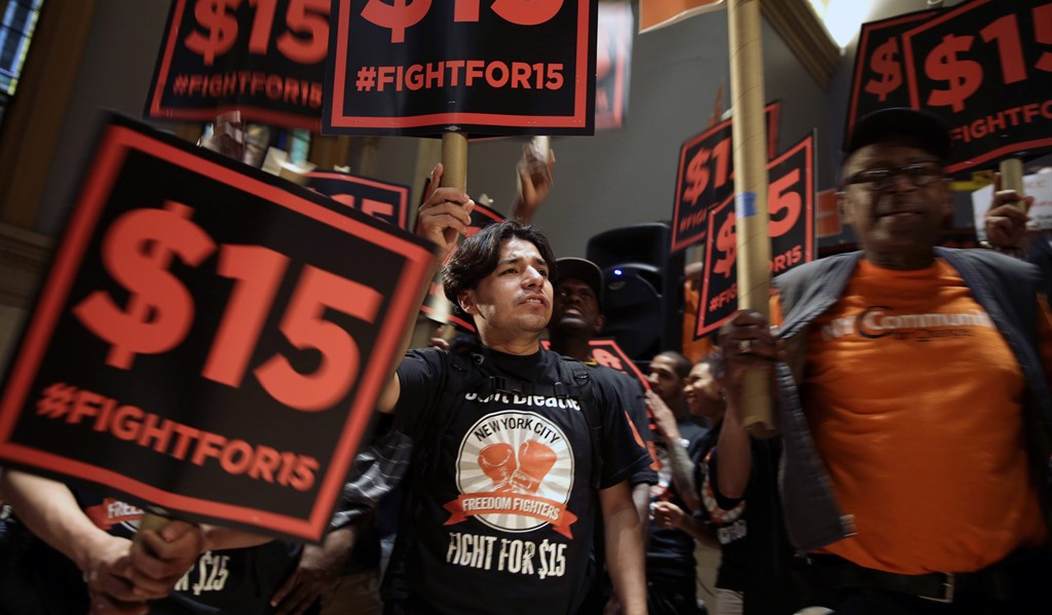

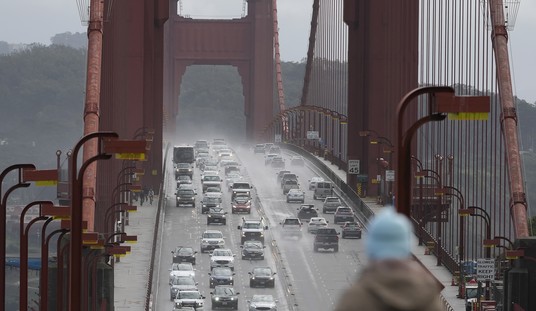

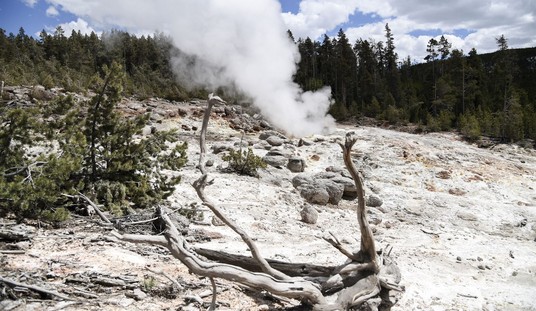

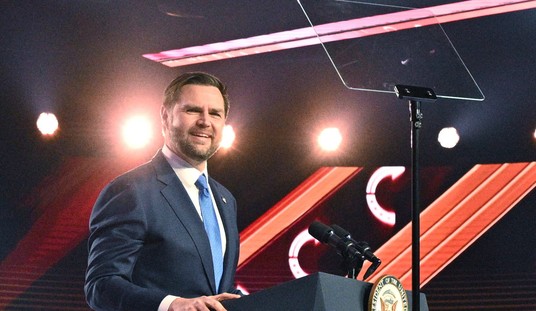
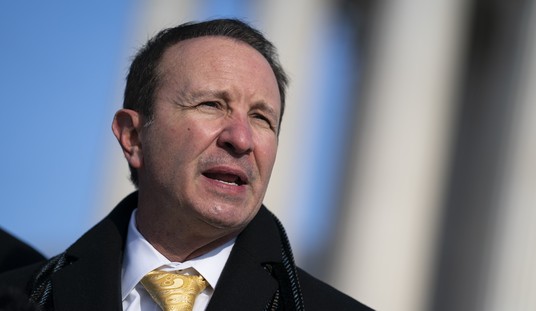
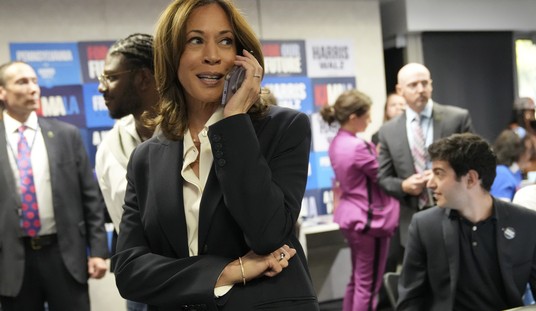


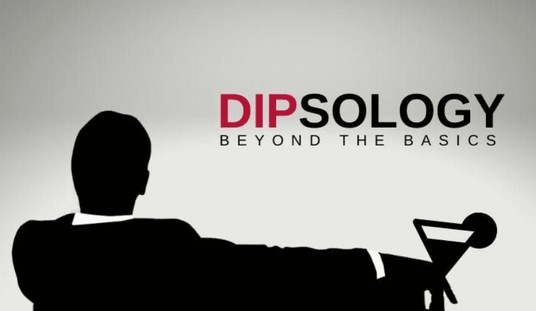
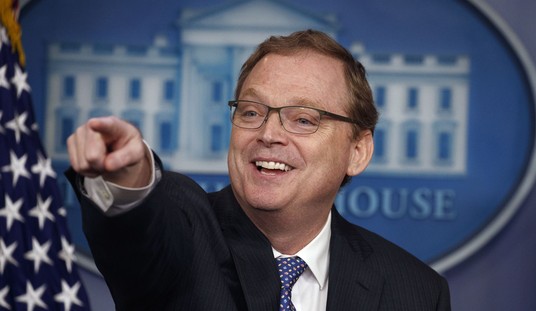
Join the conversation as a VIP Member